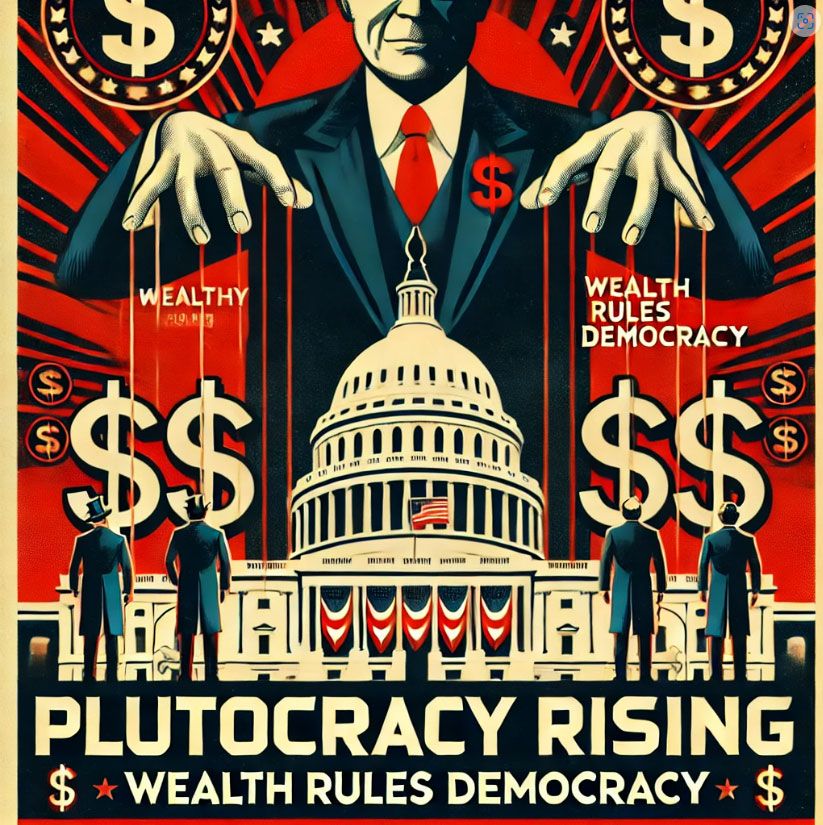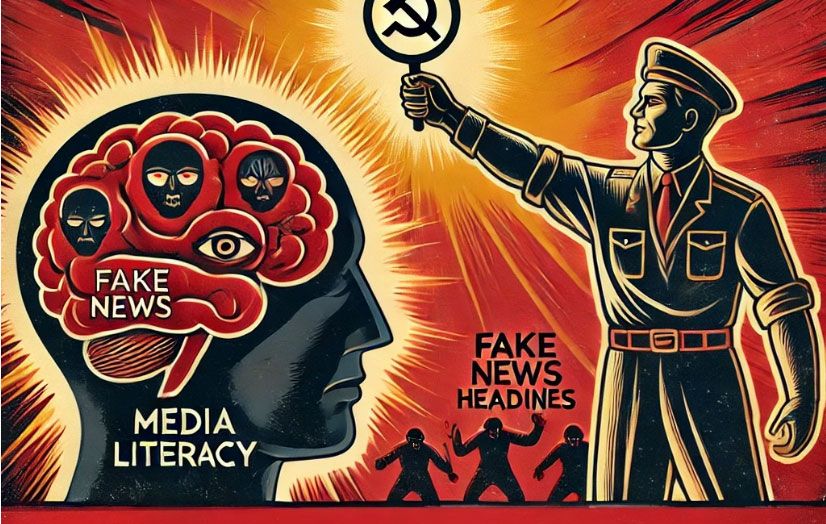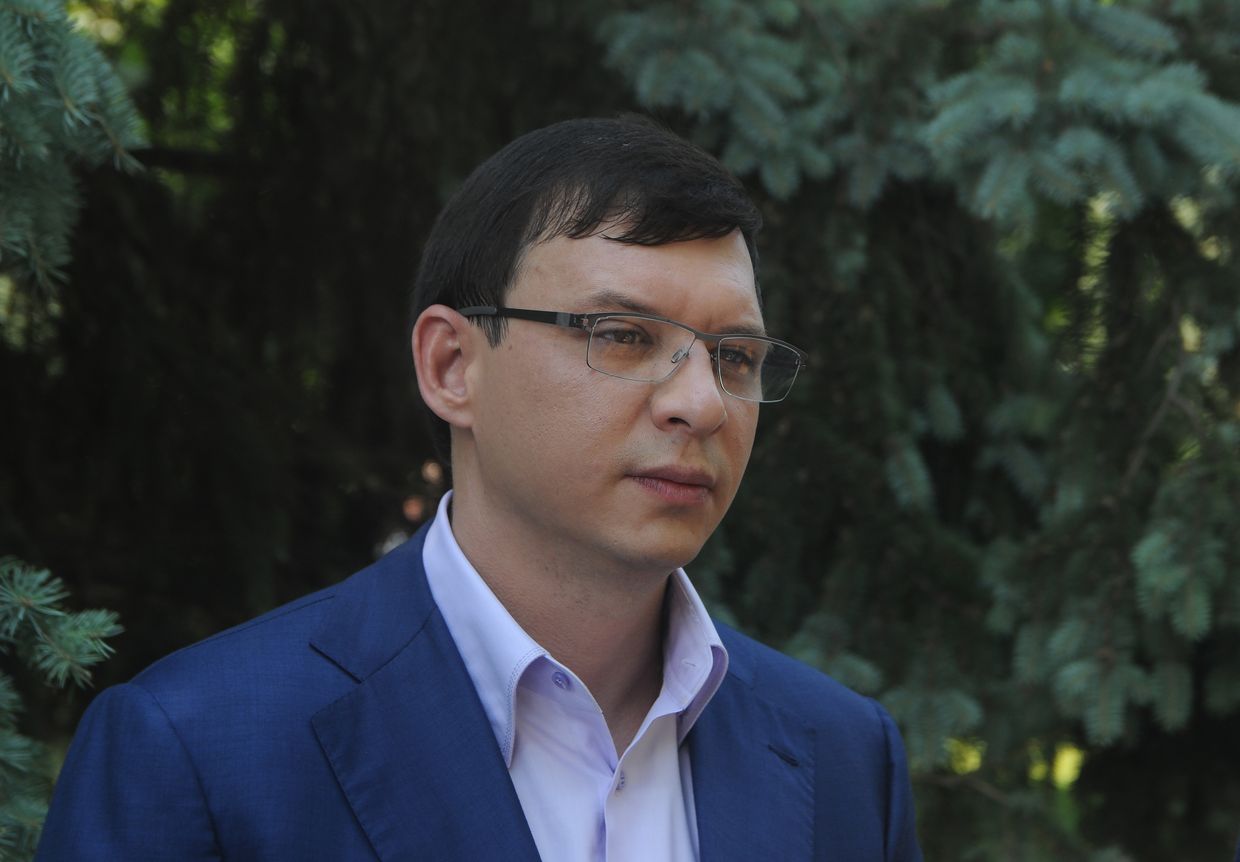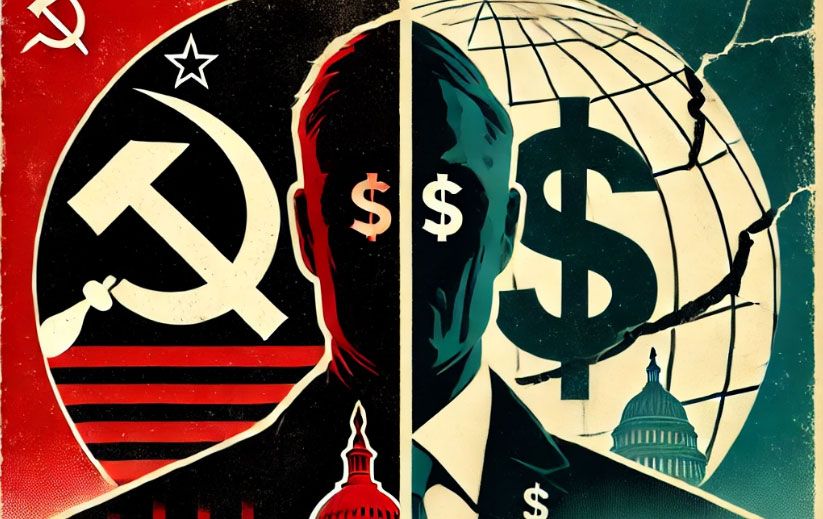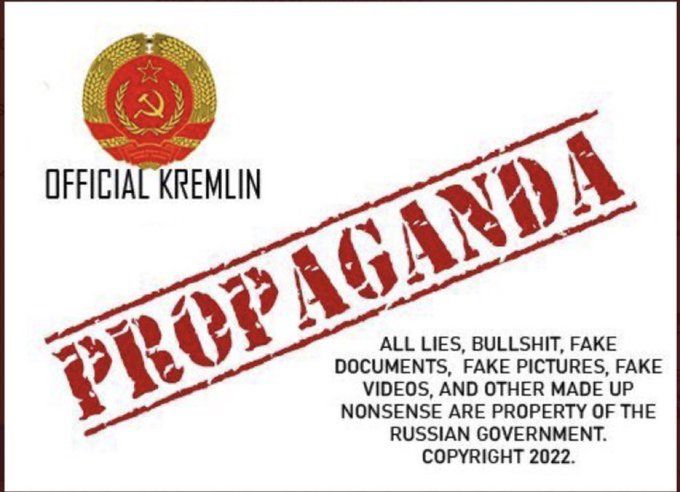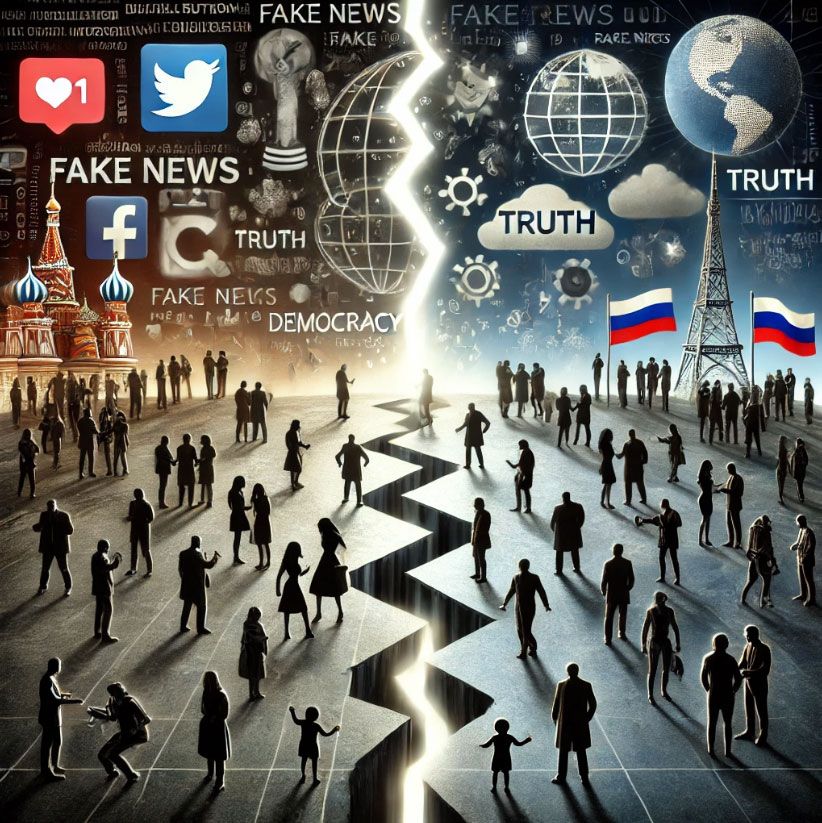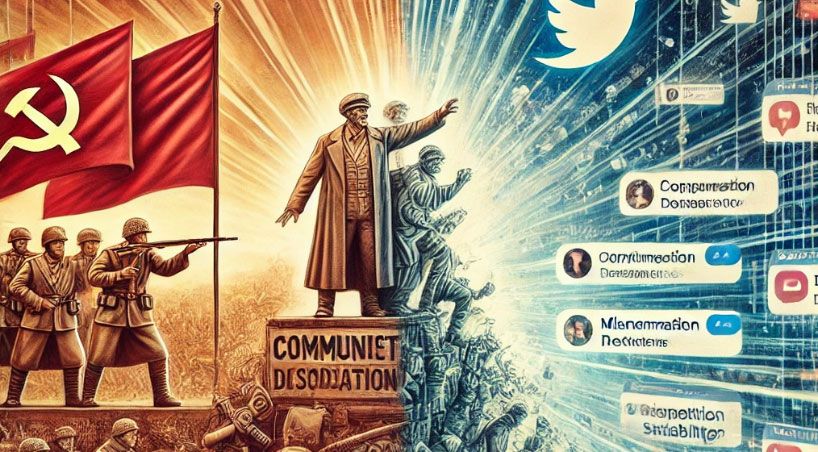The Trump administration's appointments confirm this shift.
Twenty-six officials with personal fortunes exceeding $100 million and twelve billionaires now wield significant political power.
Figures such as Warren Stephens, the ambassador to the UK with a $3.4 billion fortune, and Linda McMahon, the Education Secretary worth $3.2 billion, embody this convergence of extreme wealth and governance.
Collectively, these officials command nearly half a trillion dollars, making this the wealthiest democratically elected government in history (New Statesman, 2025). Source
This consolidation of wealth within the political sphere directly mirrors the rise of oligarchs in post-Soviet Russia.
Following the collapse of the USSR, a handful of businessmen capitalized on rapid privatization to seize control of the country’s key industries. These oligarchs, leveraging their newfound economic dominance, embedded themselves within the political system, reshaping laws and policies to safeguard their interests.
The United States, once safeguarded by democratic institutions, is now experiencing a similar dynamic where elite economic interests dictate public policy.
Philosopher Ingrid Robeyns describes this scenario as “plutocracy on steroids,” signaling a drastic departure from traditional democratic principles.
Economic historian Guido Alfani highlights a critical historical contrast: while the wealthy of previous eras were expected to contribute to societal stability during crises, today’s ultra-rich evade taxes, suppress dissent, and manipulate legislation to their advantage (New Statesman, 2025).
This transformation is actively eroding the foundational pillars of American democracy.
Independent media, the judiciary, and public accountability mechanisms are being compromised under the weight of concentrated wealth.
Deregulation, privatization of public services, and tax policies favoring the elite are deepening social inequalities, echoing Russia’s trajectory of rising economic disparity and weakened democratic institutions.
The Role of Disinformation in Consolidating Power
One of the most powerful tools used to maintain and expand elite control is disinformation.
In Soviet Russia, state-sponsored propaganda and disinformation were integral in controlling public perception, suppressing dissent, and solidifying the Communist Party’s grip on power.
State media distorted reality, while opposition voices were silenced, leaving the population with limited access to truthful information (Cambridge University Press).
Today, these tactics are entrenched in the United States under more sophisticated forms, often referred to as 'political technology' (политическая технология).
Developed in Soviet Russia, political technology involves creating controlled opposition, orchestrating pseudo-political movements, and spreading disinformation to manufacture consent and maintain the illusion of democracy.
U.S. oligarchs have imported these tactics, with figures like Paul Manafort exemplifying this influence. Manafort, a former Trump campaign chairman, previously worked for Russian-aligned oligarchs and implemented strategies designed to manipulate political outcomes (The Atlantic).
How This Affects You Personally
The consequences of this shift are already affecting the daily lives of ordinary Americans:
- Stagnant Wages: Trump's Treasury Secretary nominee, Scott Bessent, recently stated his opposition to raising the federal minimum wage, keeping it at $7.25 per hour—a rate unchanged since 2009 (International Business Times).
- Privatized Public Services: Essential services like healthcare, education, and infrastructure are facing funding cuts or privatization, making them more expensive and less accessible (Brookings Institution).
- Tax Inequality: Tax policies now increasingly favor the wealthy, placing a greater financial burden on middle- and lower-income families (Tax Policy Center).
- Corporate-Driven Policies: Political decisions prioritize corporate profits over public welfare, weakening labor protections and reducing consumer rights (Economic Policy Institute).
Conclusion
The American public is at a critical juncture.
The creeping influence of plutocracy is no longer a distant threat—it is an active force reshaping American democracy. Without vigilance and reform, America risks becoming a state where economic elites rule unchecked, leaving ordinary citizens marginalized in their own democracy.
Civic engagement, support for independent media, and demands for policy reform are essential steps toward safeguarding democracy.
Recognizing these dynamics and holding leaders accountable can help restore balance and protect the foundational principles of American governance.
Educate Yourself and Others
Understanding how wealth and disinformation threaten democracy is the first step in combating these forces.
Educate yourself on political systems, economic policies, and media literacy. Share knowledge with your community and engage in informed discussions. Without a proper understanding of these dynamics, no meaningful response is possible.
Take action by:
- Voting in local, state, and federal elections.
- Supporting independent journalism and fact-based media outlets.
- Engaging in policy advocacy for fair wages, corporate accountability, and democratic reforms.
- Connecting with grassroots organizations working to protect democracy and economic equality.
Sources:
- "America's New Plutocracy." New Statesman, January 2025. Read the full article
- International Business Times. Trump's Treasury Nominee Opposes Raising Minimum Wage
- UBS Billionaire Report, December 2024. Reuters
- Cambridge University Press. Political Technology
- UCL SSEES Blog. Political Technology in the U.S.
- The Atlantic. Paul Manafort’s Role in Political Manipulation
Support our efforts:
Get a two bucks membership here: https://buymeacoffee.com/nafoforum
Support our on-going fundraiser here: https://www.gofundme.com/f/support-disinformation-education-public-education-forum
We have a Patreon - still in construction - here: https://www.patreon.com/c/PublicEducationForum
When all else fails - get a shirt here: https://www.bonfire.com/store/nafo-forum-shop/


